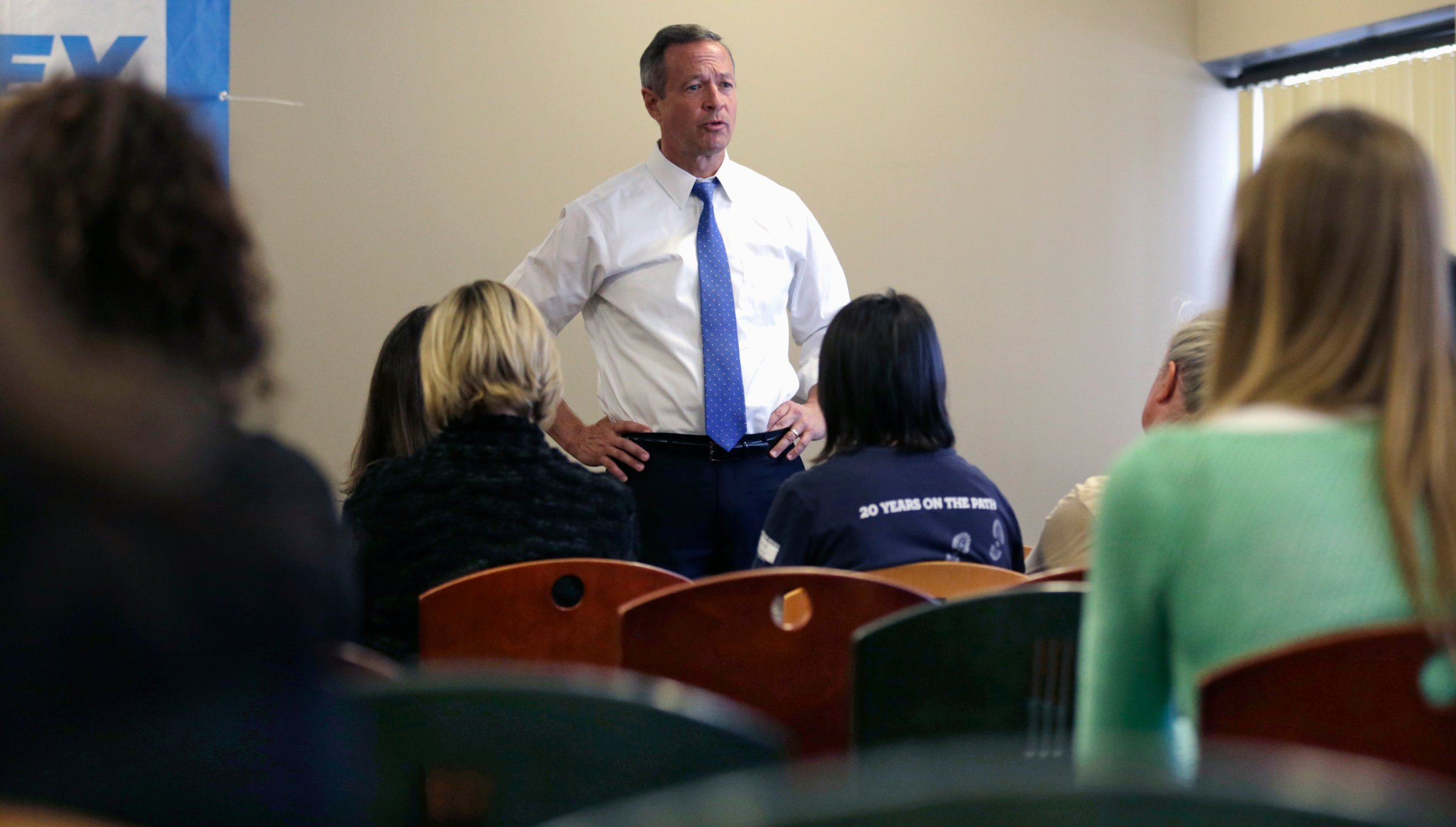
One week out from the Iowa caucuses, Martin O’Malley holds onto hope that his eight-month presidential effort won’t be for naught.
The former Maryland governor, it turns out, is a glass half full kind of guy, even when there is very little water in the glass. “I feel like we’ve cut through in a way we never had before in that last debate. I’m noticing it from the crowds and from the reactions of people,” he said Friday in an interview with TIME at a coffee shop in this seacoast town. “I think a lot of people tuned in for the first time in that debate.”
The 53-year-old hopeful is a generation younger than his rivals for the Democratic nomination, but has been lacking in the polls with a message of pragmatism that has prove ill-suited to the current political climate. He is in low single digits in polls in Iowa and New Hampshire, and polls at just 2% nationally, well behind Hillary Clinton and Bernie Sanders. He said his goal is to beat expectations at the Iowa caucus, though he shied away from defining just what those expectations should be.
The long-shot candidate reflected on what has kept his campaign from catching fire, while he said he has to consider an exit from the race should he not demonstrate “viability” in Iowa. “In a contest where the name of the game is to get more votes than the other guy, yes, when the voting starts we need to show some viability,” he said, adding he doesn’t know what threshold is.
O’Malley blamed much of his lack of support on money, noting front-runner Hillary Clinton’s fundraising track record, but added he was also unable to argue that Clinton represented the Washington establishment when Bernie Sanders—a self-described socialist—was in the race. “I could not out-anti-establishment the first socialist to join the Democratic Party to run for president,” he said. “That’s pretty anti-establishment.”
Below is an edited transcript of the interview:
TIME: How are you feeling about the race?
MARTIN O’MALLEY: We’ve got to shift the dynamic in Iowa. That’s been our play from the start as an insurgent, as a challenger campaign. We have to show—Once people start voting, we have to shift the dynamic. We have show viability for people in the successive states to actually hear my candidacy. I feel like we’ve cut through in a way we never had before in that last debate. I’m noticing it from the crowds and from the reactions of people. I think a lot of people tuned in for the first time in that debate. I’ve kind of gotten used to the rigged format. So there are two things that people say. One of them is, you did really well. The other is, why wouldn’t they let you talk more. I’ve become a little bit accustomed to it, I’m sad to say. But there’s a desire out there for an alternative to the two that people by this point have become familiar with and got to know. And so we’ll see how that translates on caucus night. We have a terrific staff out there, we have a great organization. I’ve been endorsed by over 100 chairs, county chairs, including the chair of Polk county and the highest elected Democrats in Dubuque County and other places. So we have a very good core and our challenge is to hold tight and to beat expectations there, so that’s what we have to do.
What does that look like?
I don’t know. I don’t get to decide that. You guys do. But I thank you for keeping my expectations so low. So we need to beat expectations. The voters from Iowa have demonstrated an ability in the past to sort through the noise and lift up the new leader. That’s what they did eight years ago with President Obama and the question I hear everywhere I go, is the question of how are you going to heal the divisions in our country. Stated another way, how are you going to work with this Republican Congress. But at it’s core, it’s really how are you going to heal the divisions in our country. And what I say to people is another way to ask your questions is which of the three of us has the best chance of doing that given their history and given their record and given the nature of their candidacy. So we fight on. We’ve got to shift the dynamic. I feel like we’ve run a campaign of substance and ideas and I feel that I alone among the three of us has the executive background that would be able to build upon what President Obama has accomplished and make wages go up and do the other things we need to do. I also know that we’ve been driving this debate within the party, whether it’s comprehensive gun safety, whether it’s immigration, which they failed to ask us about in the last two debates, or climate change, which they also failed to ask us about in the last two debates. I feel like we’ve been driving these issues that are going to define our country and our party’s future.
On working with Republicans, why do you think you’re better than they are?
I think you have to look at their histories, and I think you also have to look at the tone of their candidacies. Neither one of them can really point to a record of bringing people together and bridging divides to get things done. Senator Sanders has always been a bit of a loner, God bless him, in the United States Senate, not a coalition building, and that’s what it takes to get things done. There’s a different combination of votes on every issue and a different combination of coalitions. And Secretary Clinton famously in the very first debate declared she was proudest to declare that all Republicans are her enemy. That’s not a real good way to begin a candidacy. So I don’t believe that all Republicans are our enemies and I don’t believe that all millionaire and billionaires are our enemies, anymore that I believe that American Muslims or immigrants are the cause of our problems. And in my own history, I’ve brought people together in a very divided city on one of the toughest issues there is, given the legacy of slavery, and that is public safety. And then as governor, Republican members of the Senate and the House said that they were over to the governor’s mansion to break bread more in my first year than they were in their own governor’s prior four. Marriage equality, repealing the death penalty, those things weren’t easy. They didn’t get done on the first try, but they did get done with some Republican votes. That’s what you learn as an executive, you have to pick up the phone. It’s not enough to be convinced of the soundness of your own policy choices, you have to pick up the phone and call members of both parties and particularly members of the opposite party.
That protest vote seems to be driving Donald Trump and Ted Cruz, but also Bernie Sanders. Have you been surprised by that this cycle, and doesn’t you message of compromise run counter to that frustration?
Yeah, it sure does. I’m not surprised. I would say, part of what compelled me to run was a deep awareness that we’re on the cusp of tearing each other apart as a country. That night of unrest for Baltimore, for me, I said in words that were not in the prepared remarks, that night all of us in Baltimore realized that our country is Baltimore and Baltimore is our country. So I am not surprised at how despondent to angry people are about the fact that they’re working harder and falling behind, or at best not getting ahead. I am not surprised by the sense that a majority of us have that our kids aren’t going to enjoy a life with as much opportunity, health, wealth as we have. All of that I’m aware of, but I have been somewhat surprised at the staying power of protest and that the desire to get things done has not yet welled up. Because the two resonant phrases that I heard all around the country as I listened leading up to making my own candidacy, were the phrases new leadership and getting things done. But it certainly is an unprecedented time. Our country has rarely been this divided. When the leading candidate for the Republican nomination is able so readily to boost his poll numbers and soak up media attention by making increasingly more outrageous and fascist appeals, it’s not an ordinary year.
The president said that his one regret is that he has become the symbol of that divide. What would you have advised him differently.
I saw the president’s State of the [Union] and I thought that closing part was some of the most genuine, authentic and moving of the whole talk. I think there were some things that were beyond the president’s ability to control. We are a nation that from our first days has struggled with this original sin of slavery and racism in our country, and the president’s historic election has uncorked so much goodness in our country and I’m thinking of my daughter’s classroom and all of those kids in an African American city and public school doing the pledge of allegiance every day and seeking a picture of the president of the united states who’s black at the front of the classroom. There’s a lot of goodness that that brought forward. But on the other side, his historic presidency has also given license to a sort of obstructionism that we’ve rarely ever seen in Washington, a heaping of disrespect, a sort of dog whistle to those who fear a more integrated and more diverse America. And I’m not sure what the president could have done. Often times when people ask me how are you going to heal this divide, they say after President Obama, after someone as sincere and as charismatic and effective a communicator, how could you hope to do better. Which gives rise to the retort, of the three of us, which of us do you think has the best chance. I think Senator Sanders would have a very hard time of working with Congress if he ever were to be elected president. I see the same sort of obstructionism, self-defeating politics for another four years. And I think as you saw in the Benghazi hearings, I think Secretary Clinton, were she president, would give license to that same behavior. I believe what’s needed is someone who hasn’t been part of that divided Washington.
Looking back on Baltimore, if Freddie Gray were alive today, would your campaign be in a different place? Did what happened in Baltimore hamstrung your campaign from the start?
No, I mean there was certainly a danger of that, but I believe that at a time when issues of criminal justice reform have rarely been so important to us as a nation, I actually have the experience and the track record of getting things done of that that brings credibility to my promises. The criminal justice reform agenda that we offered was very much informed by my experiences in Baltimore and in Maryland, driving incarceration rates down to a 20 year low, repealing the death penalty, restoring voting rights, reducing recidivism, increasing drug treatment. I just need the voters to vote and give me—I need to get viability in Iowa in order to change this into a three person race.
See the 2016 Candidates Looking Very Presidential
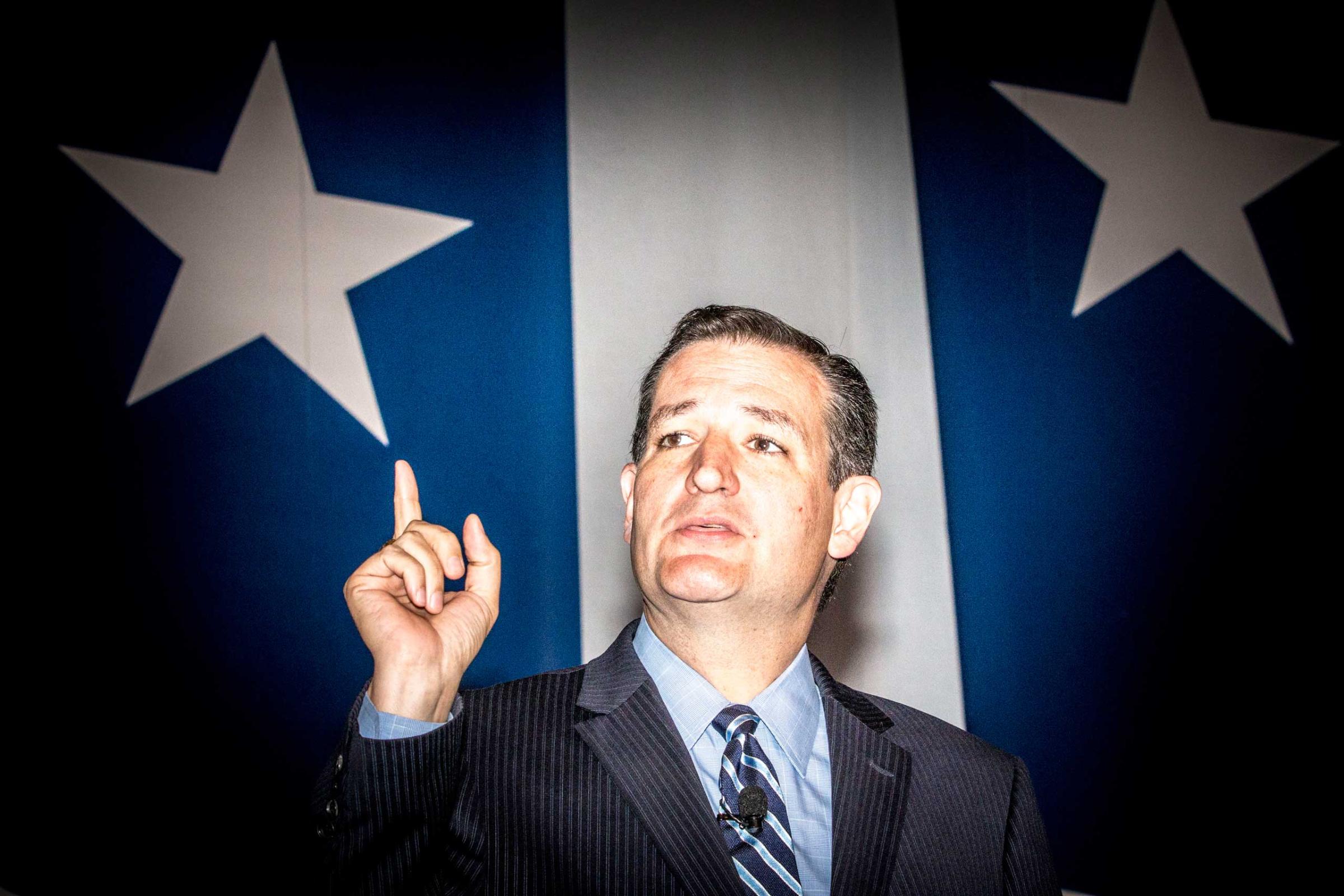
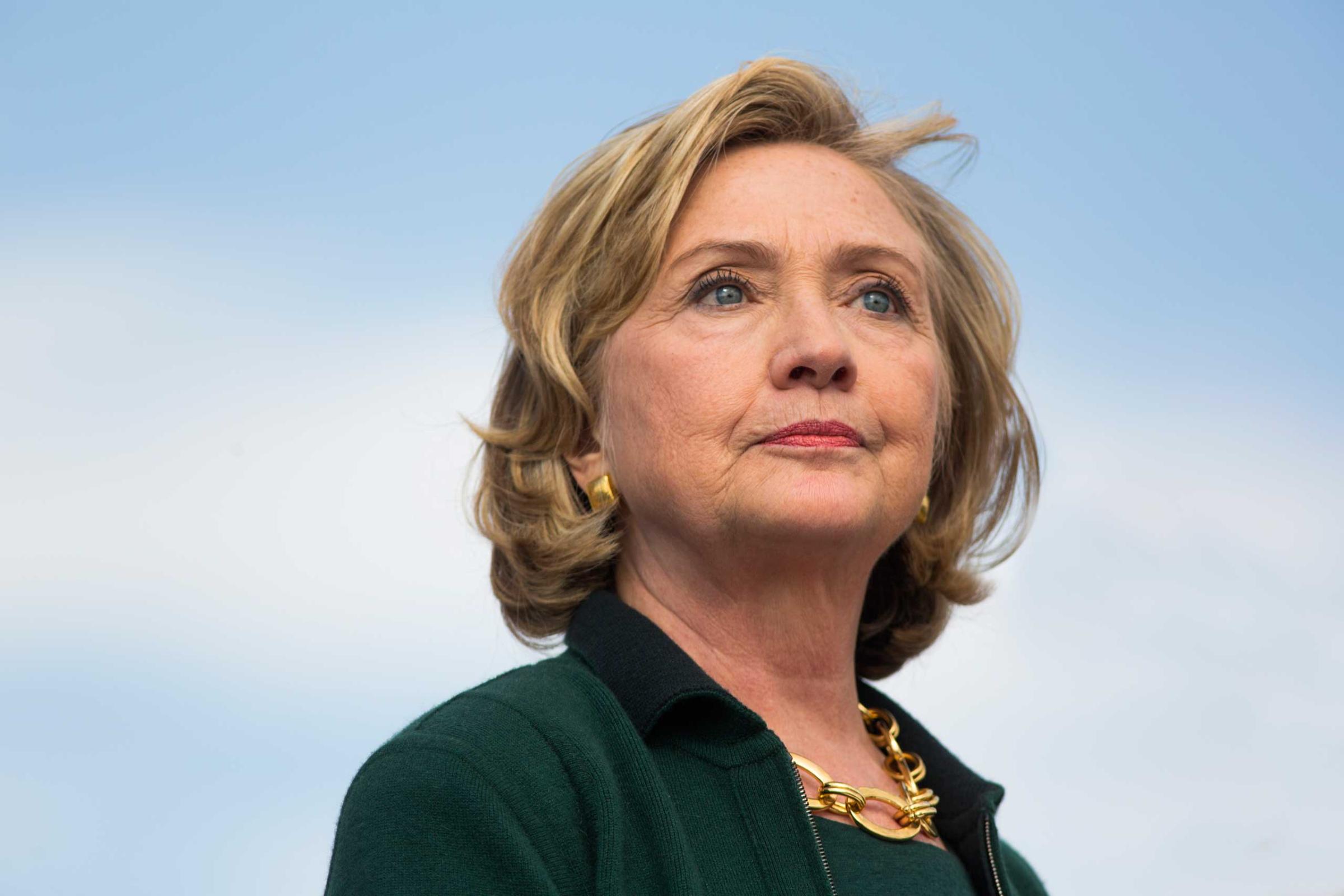
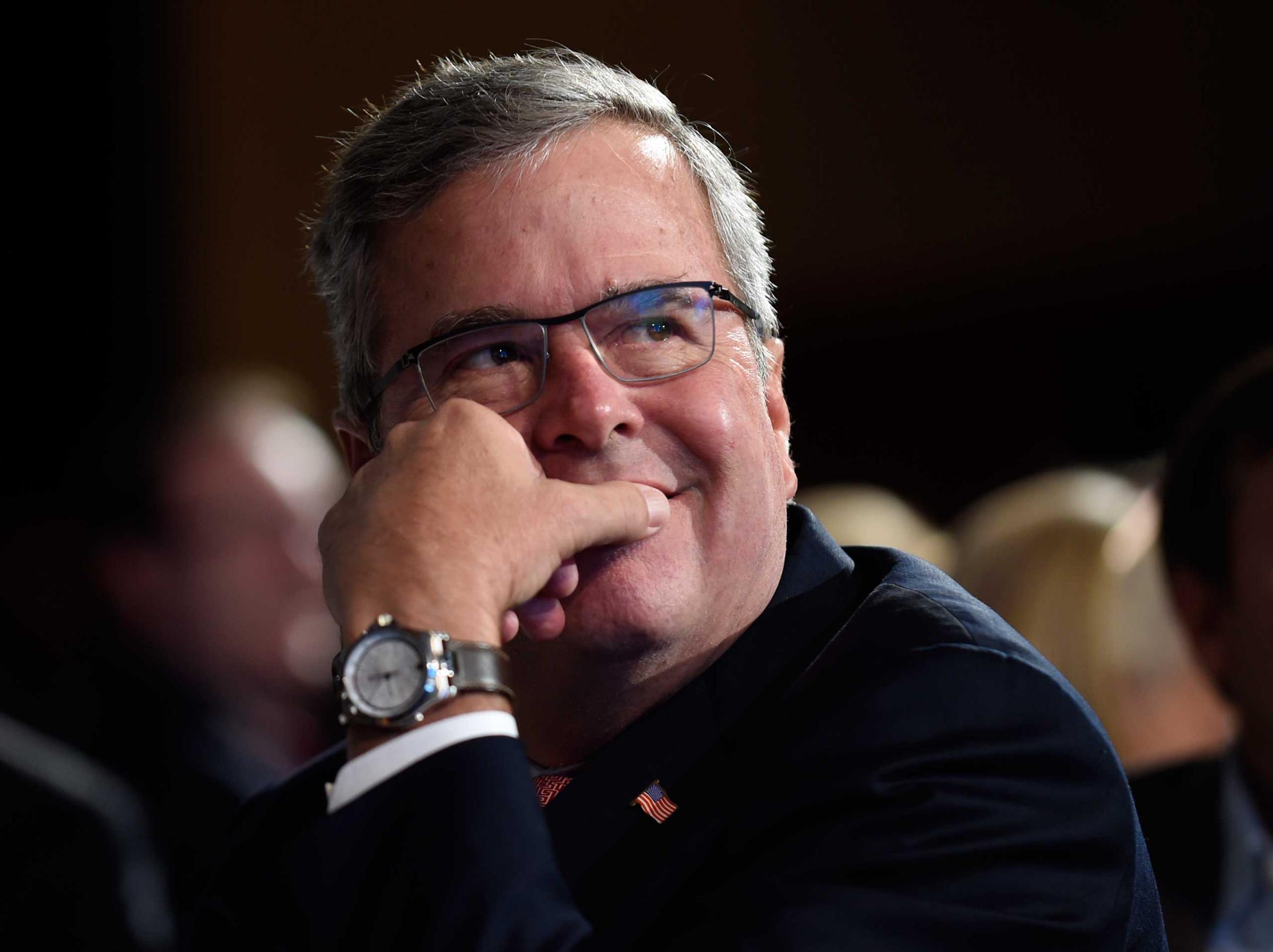
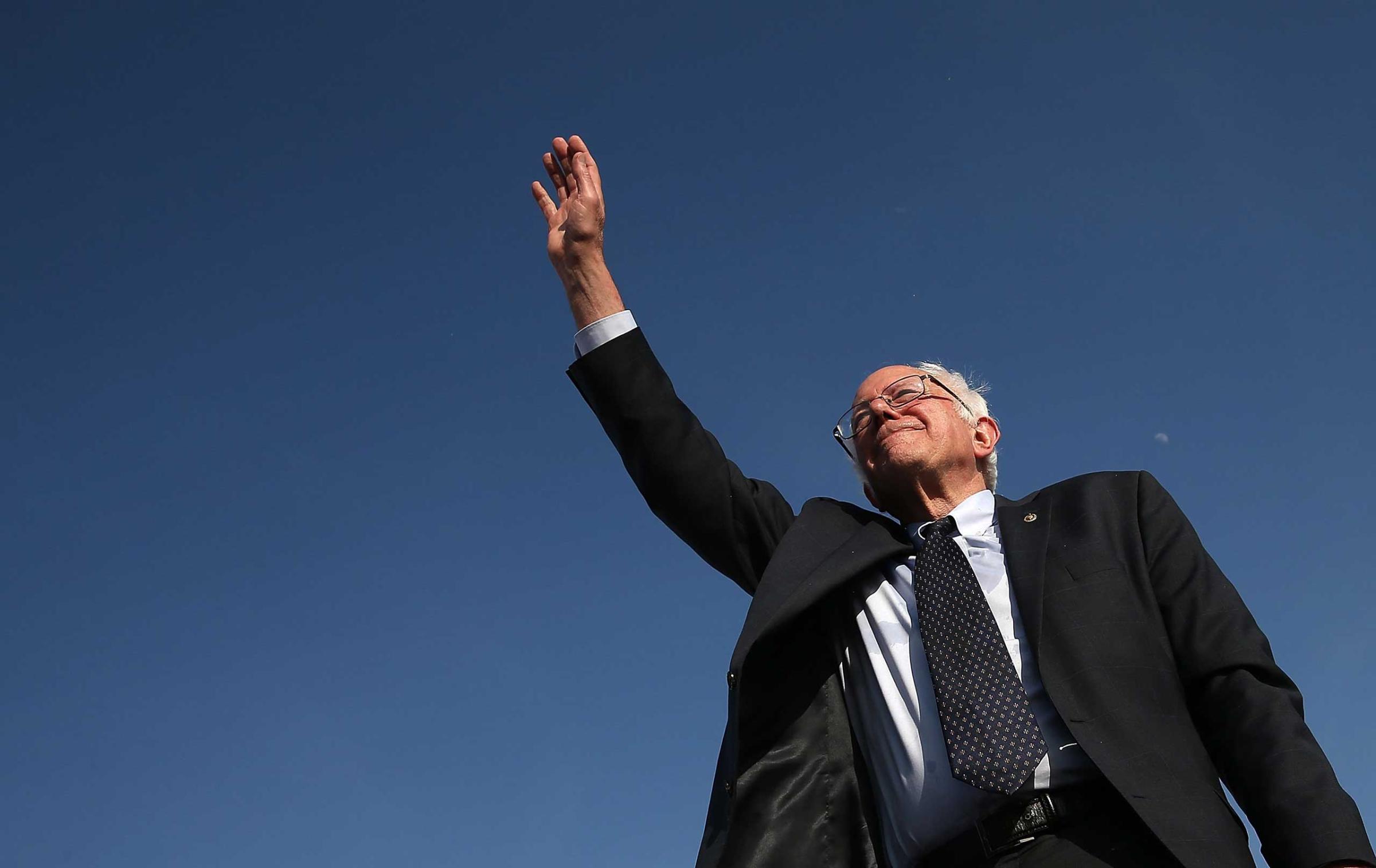
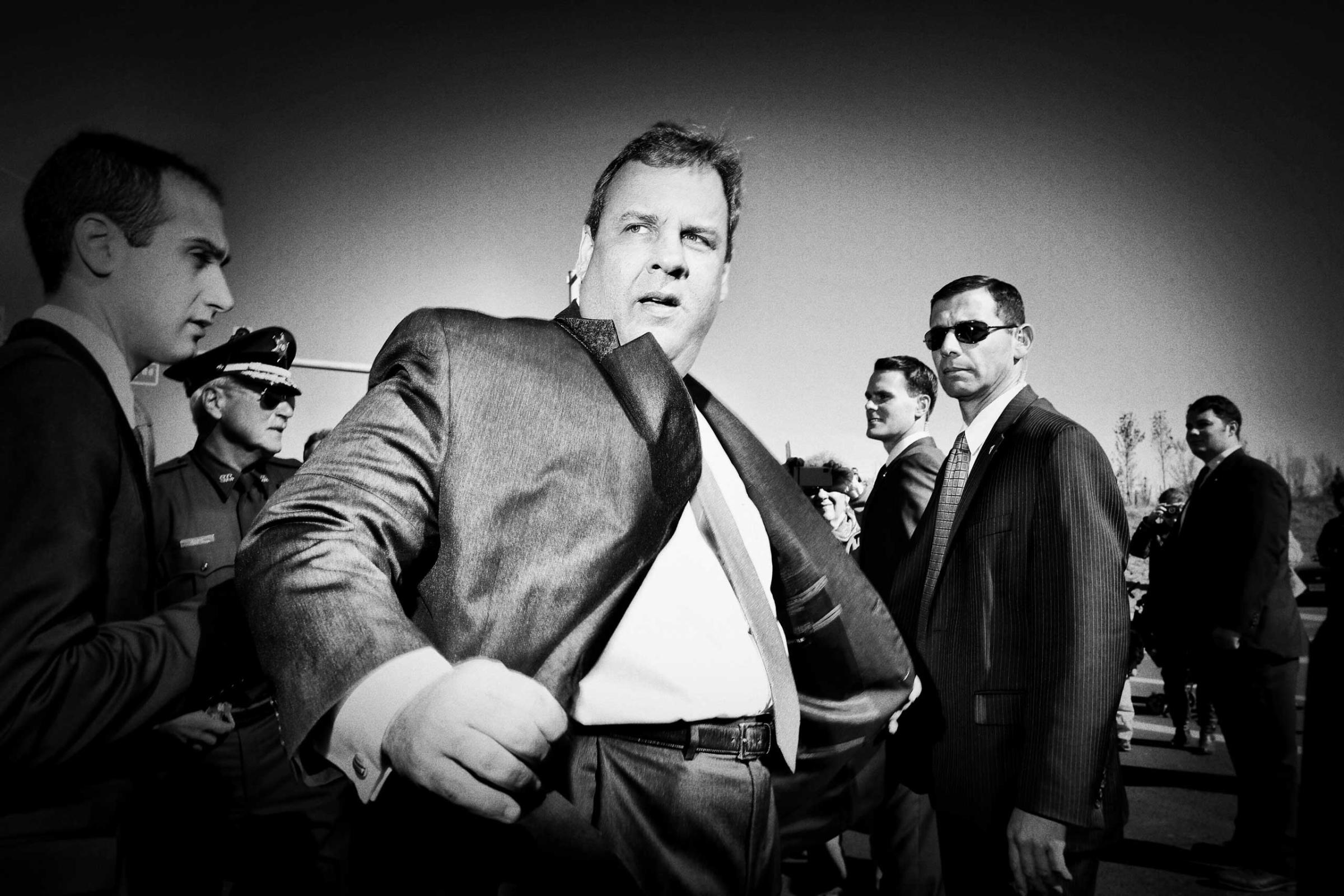
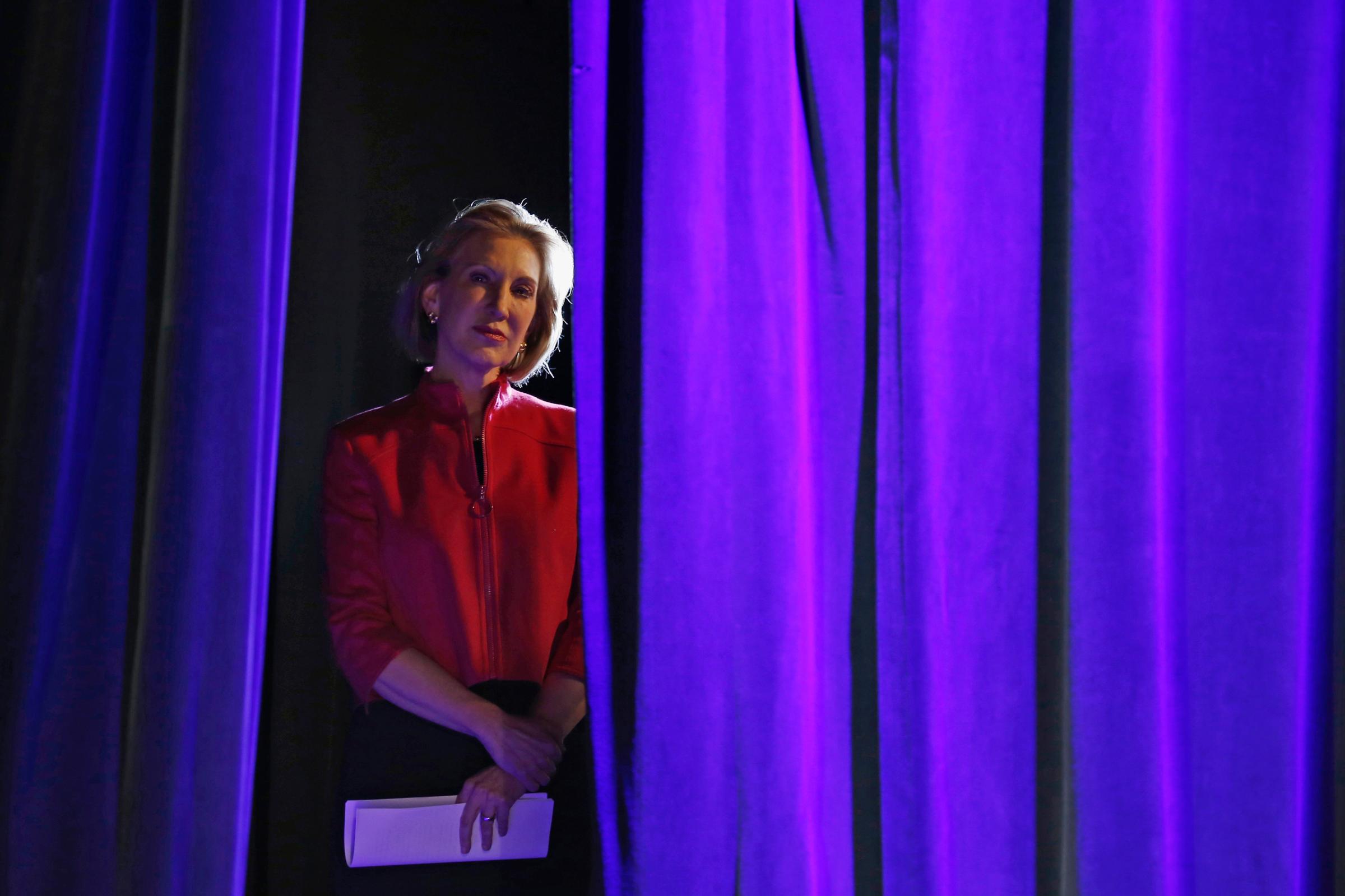
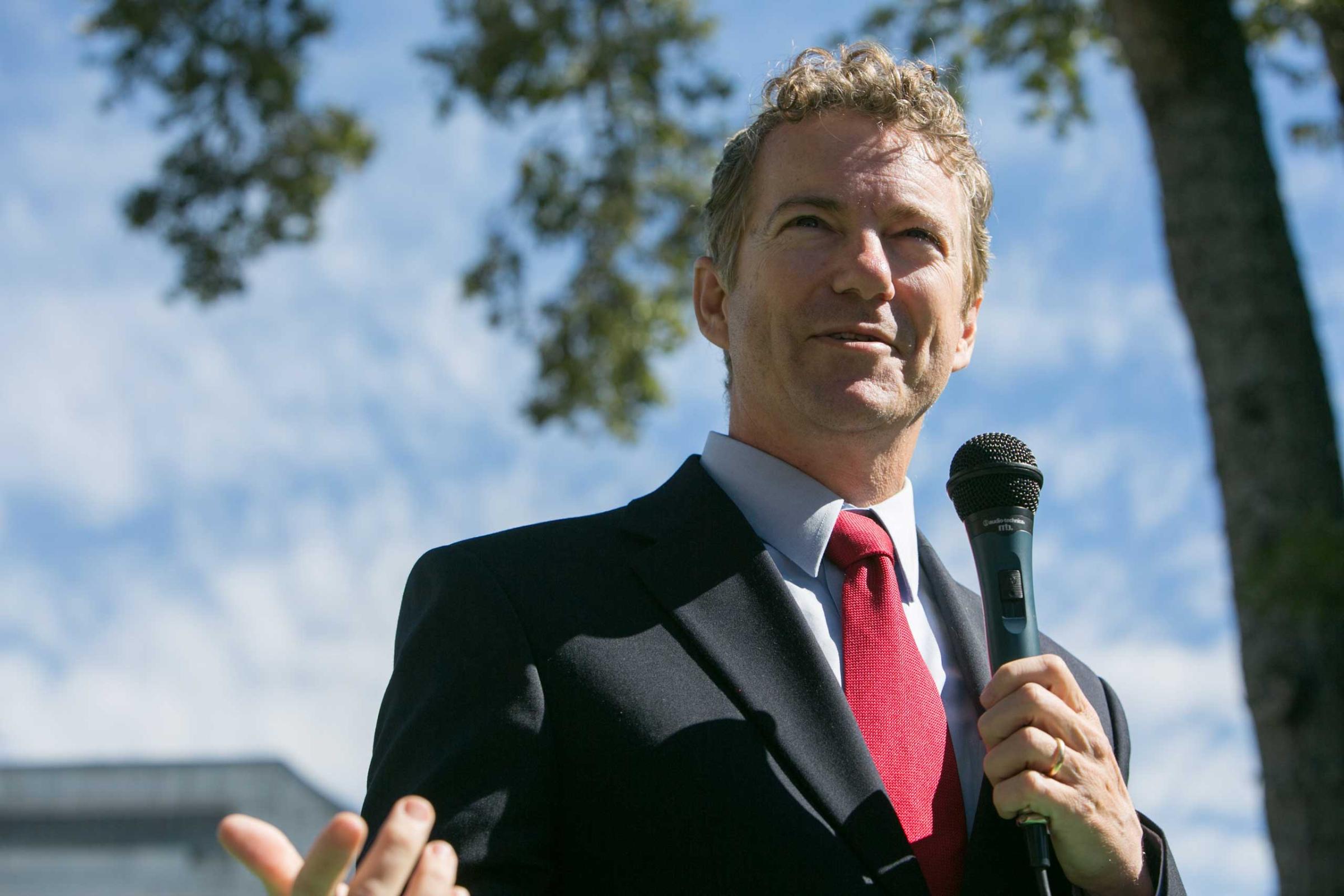
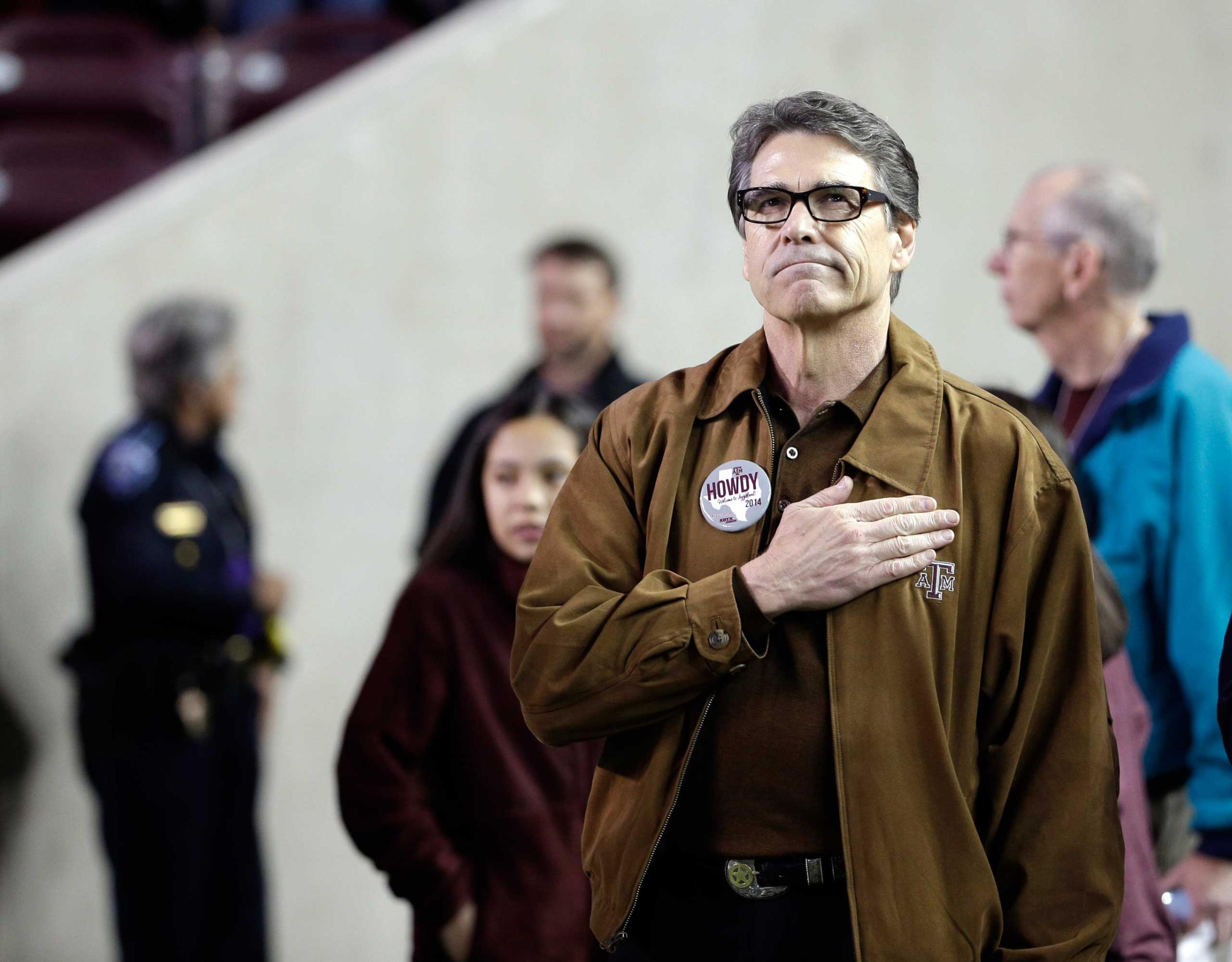
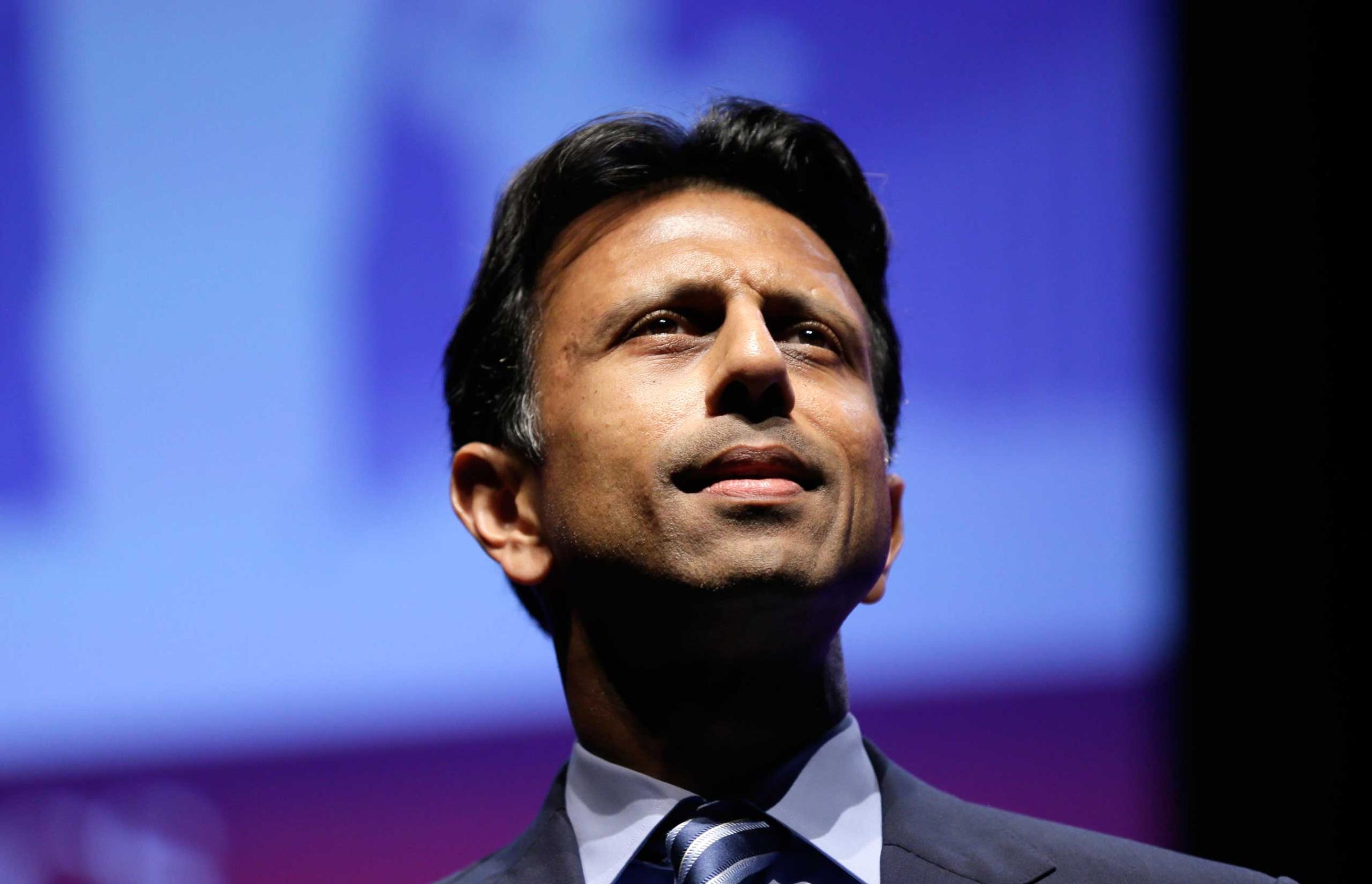
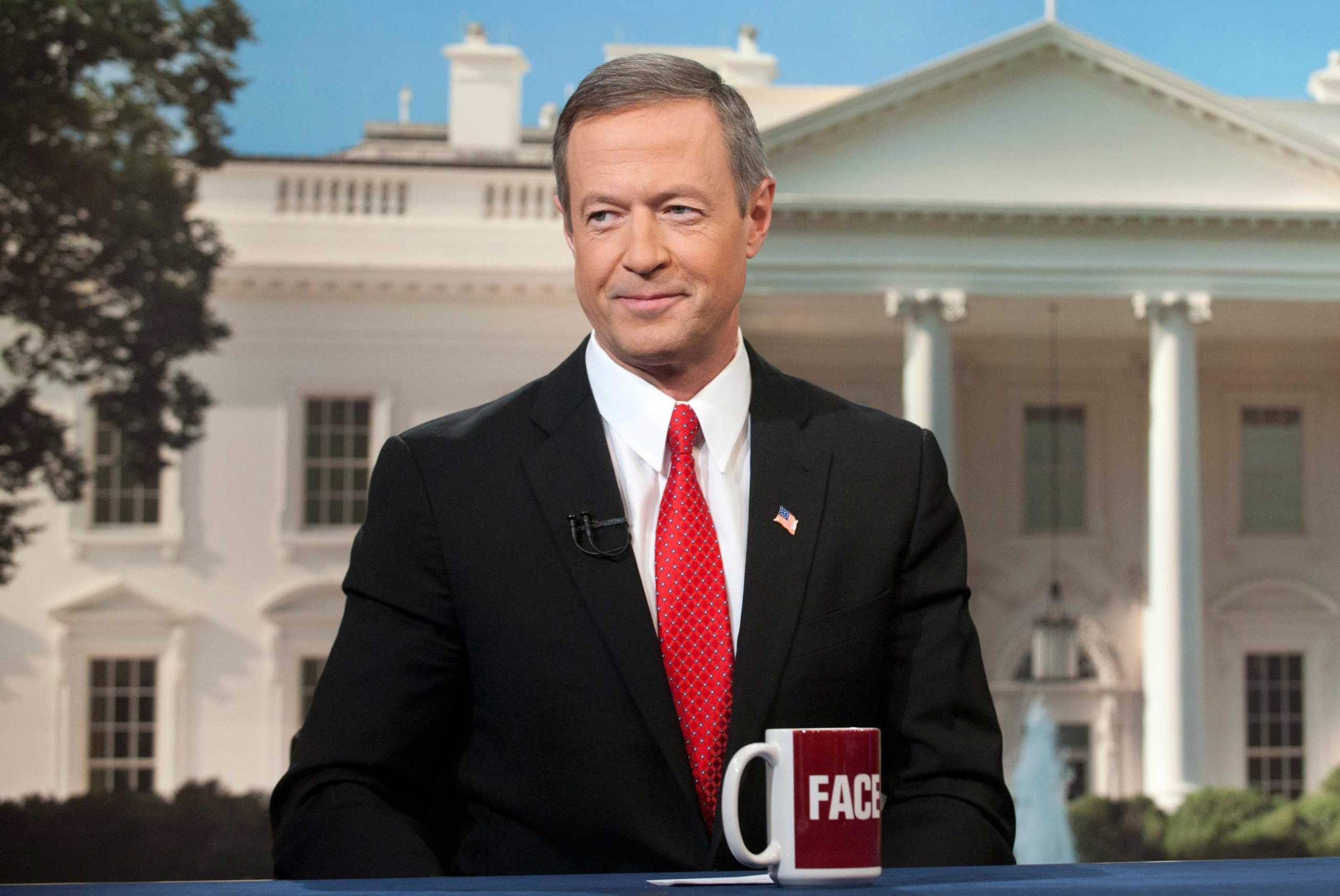
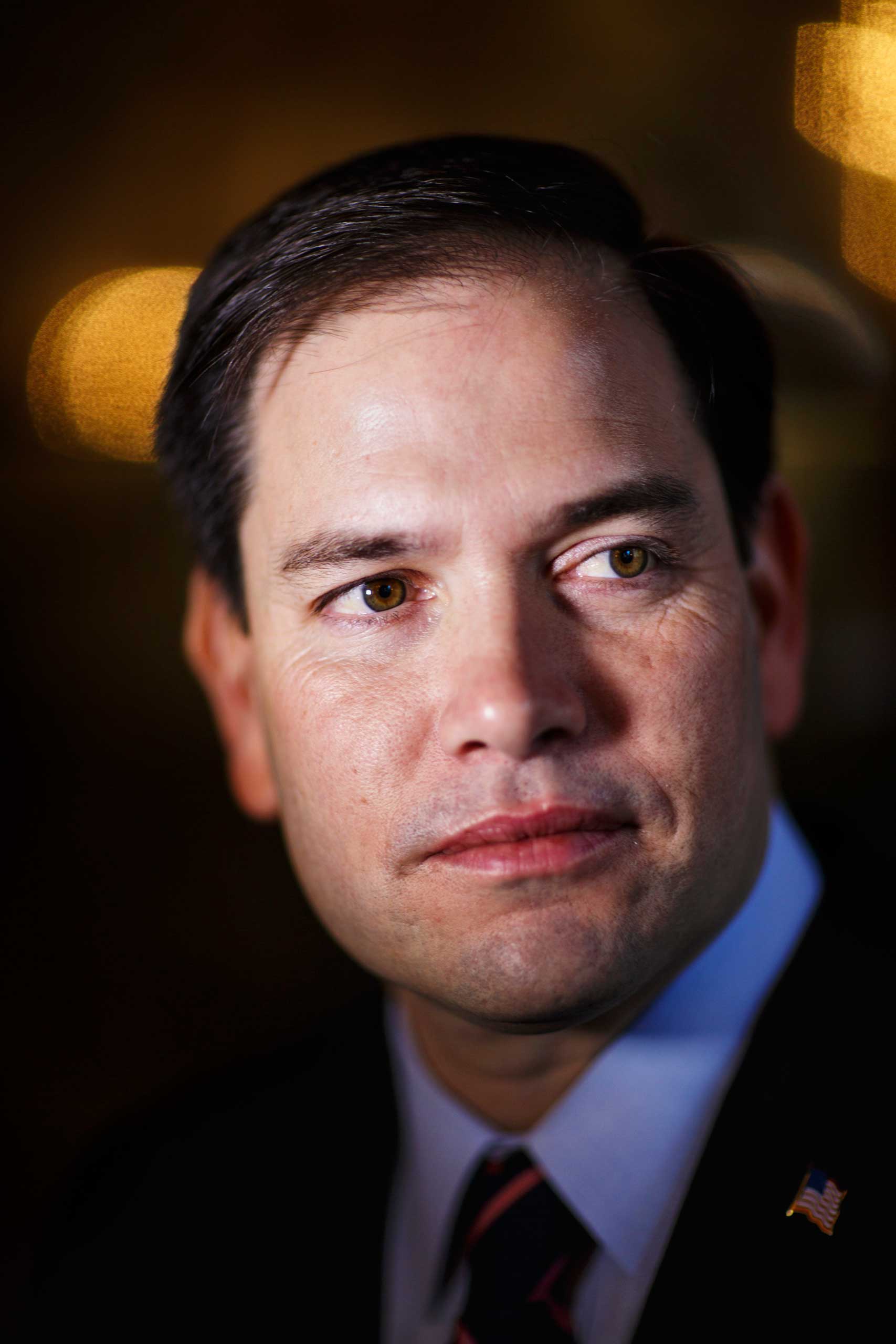
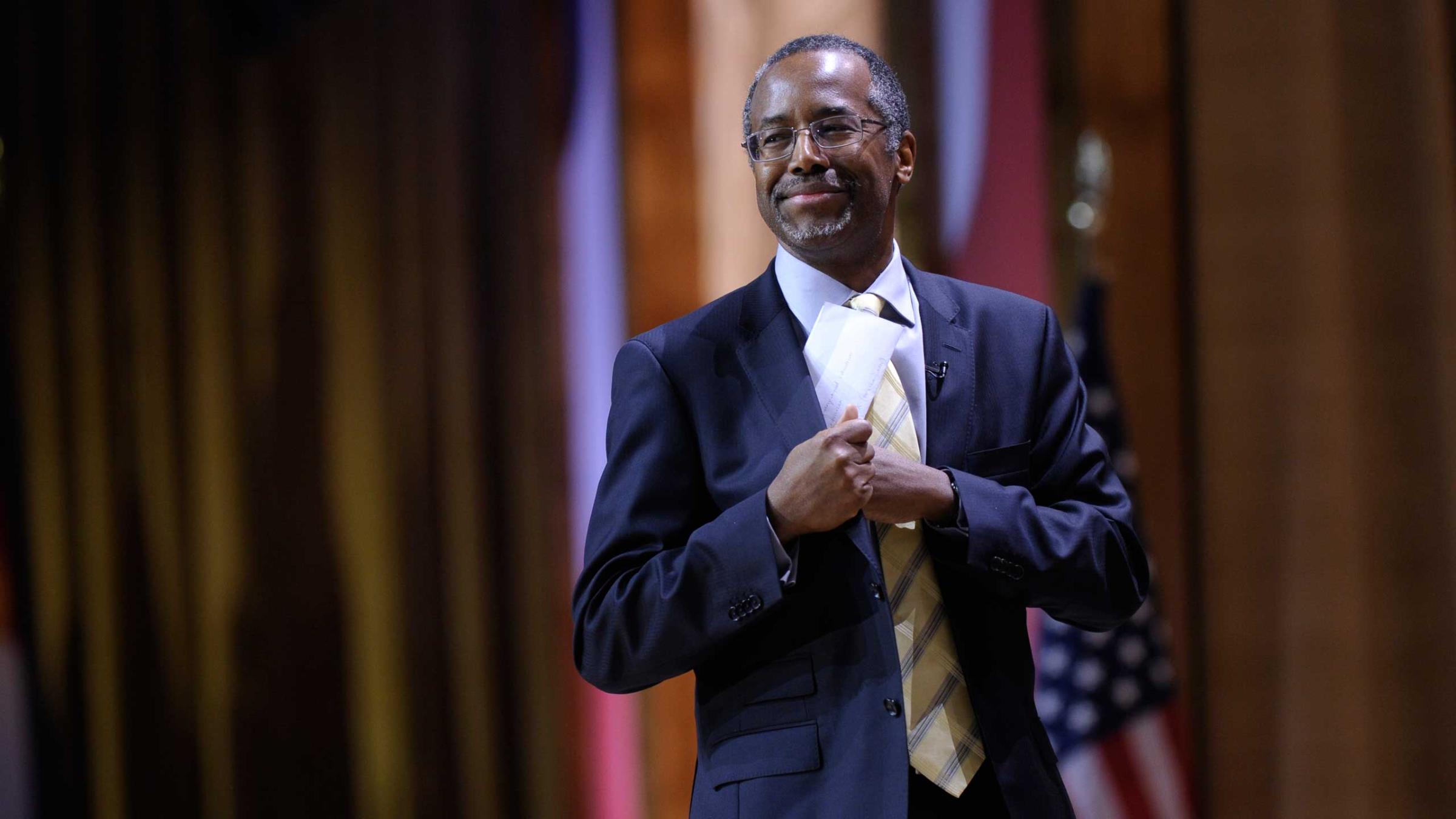
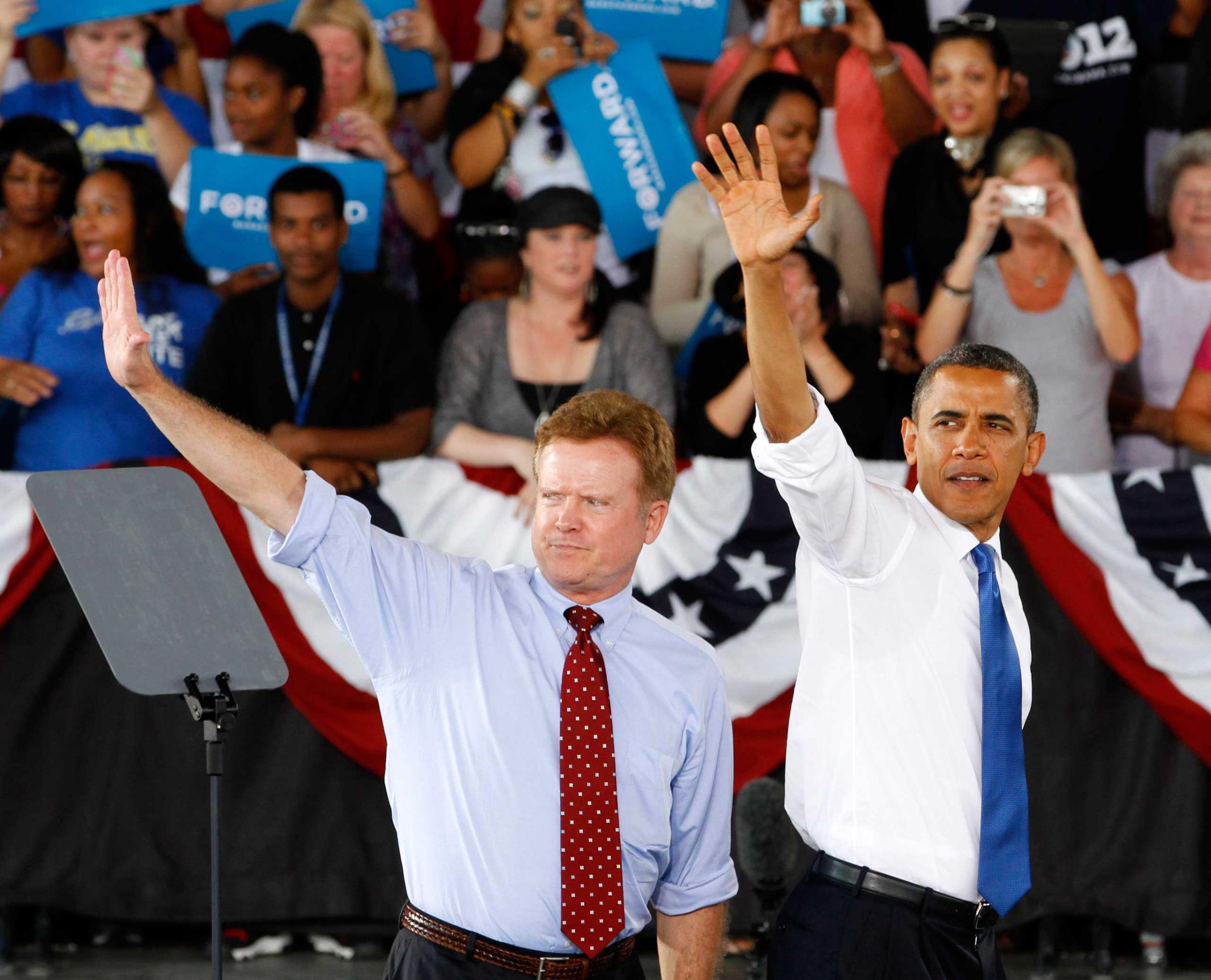
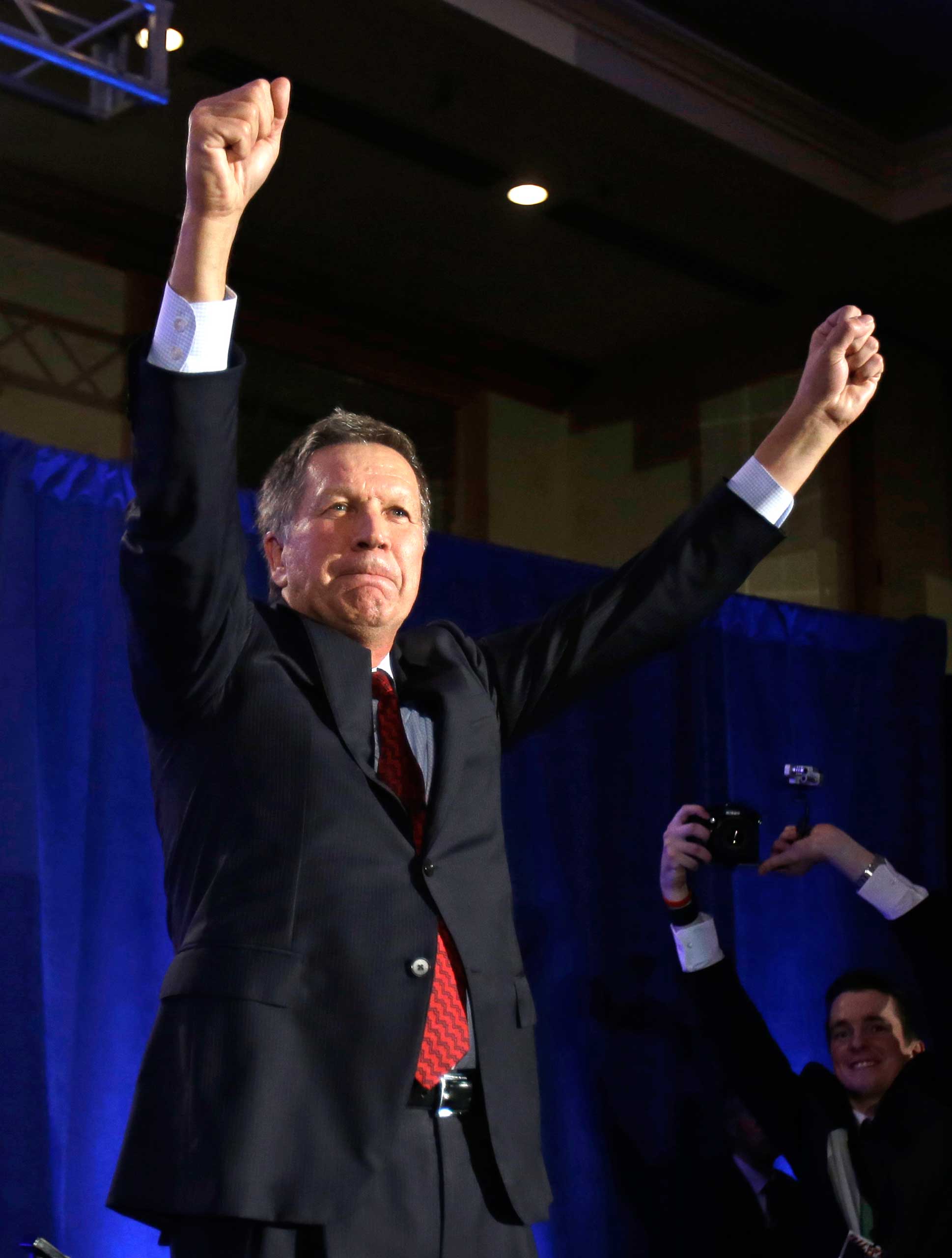
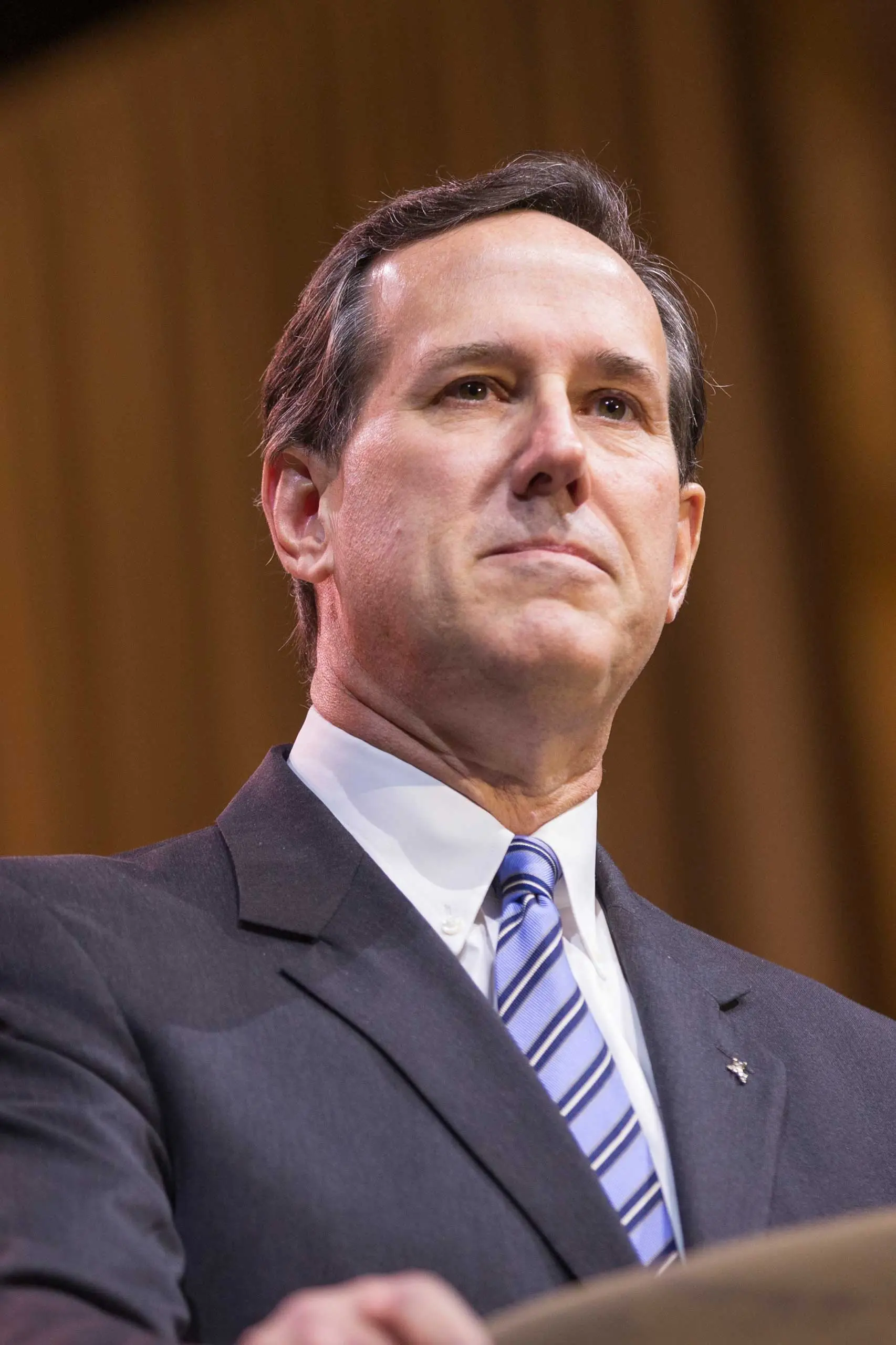
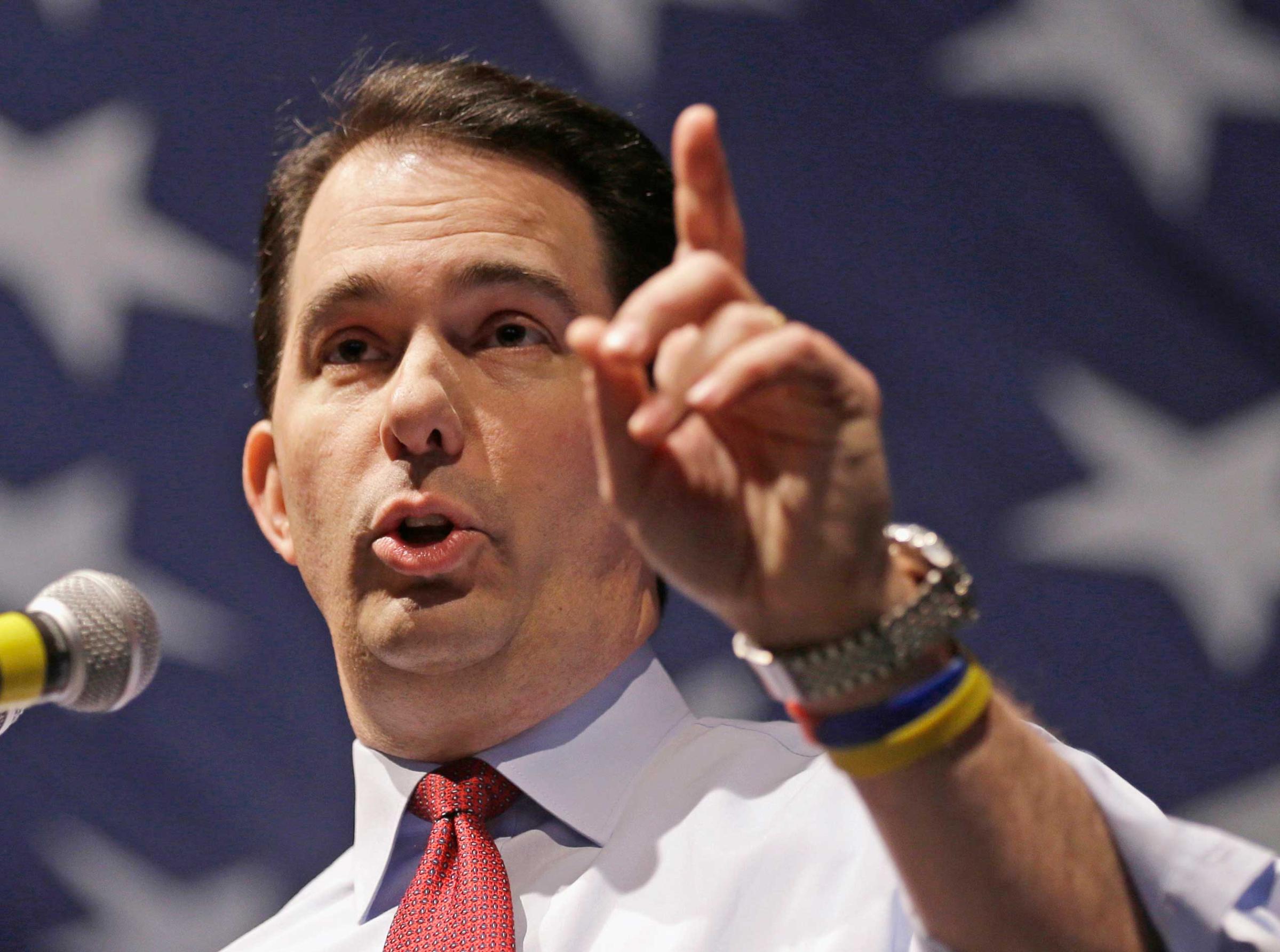

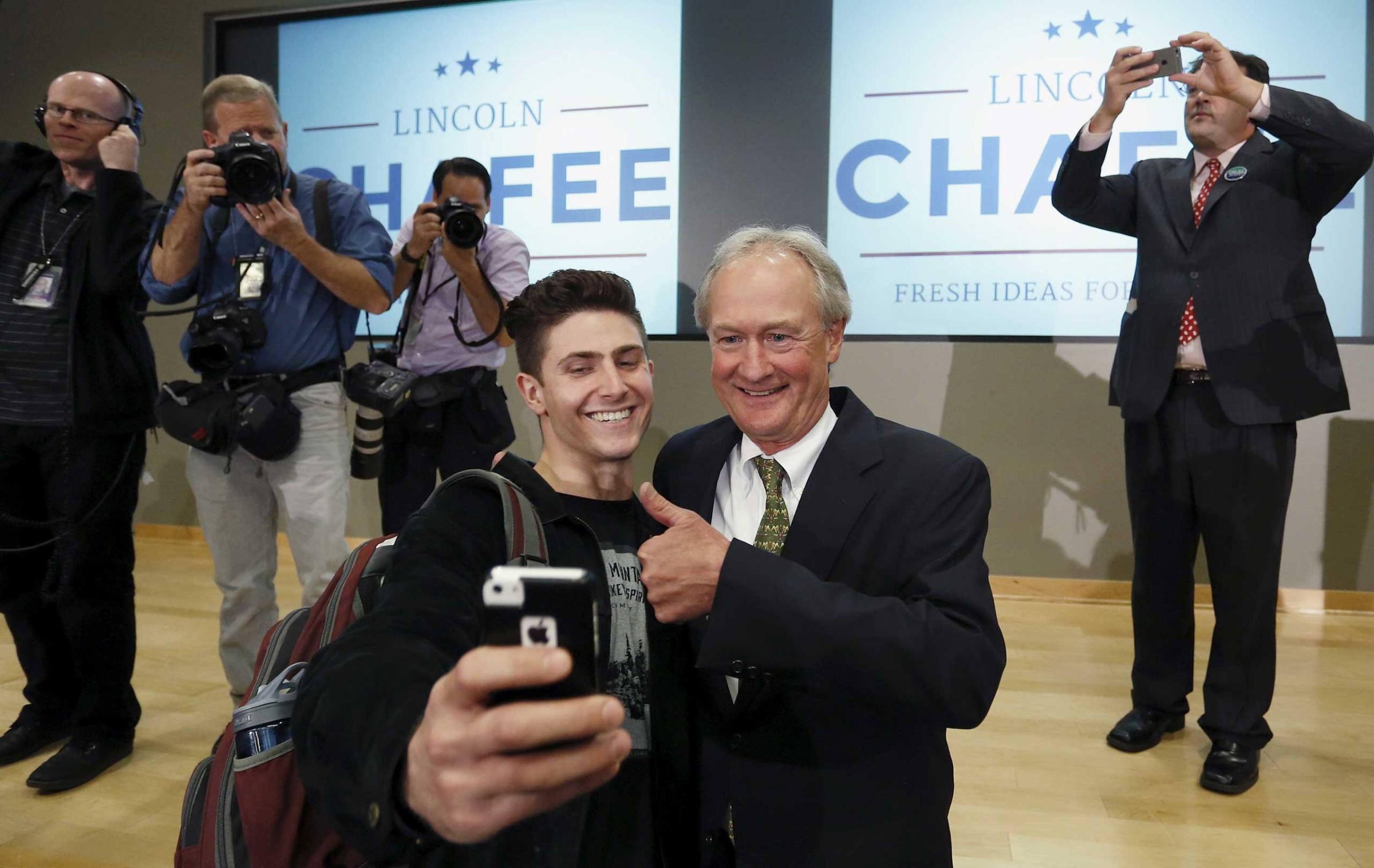
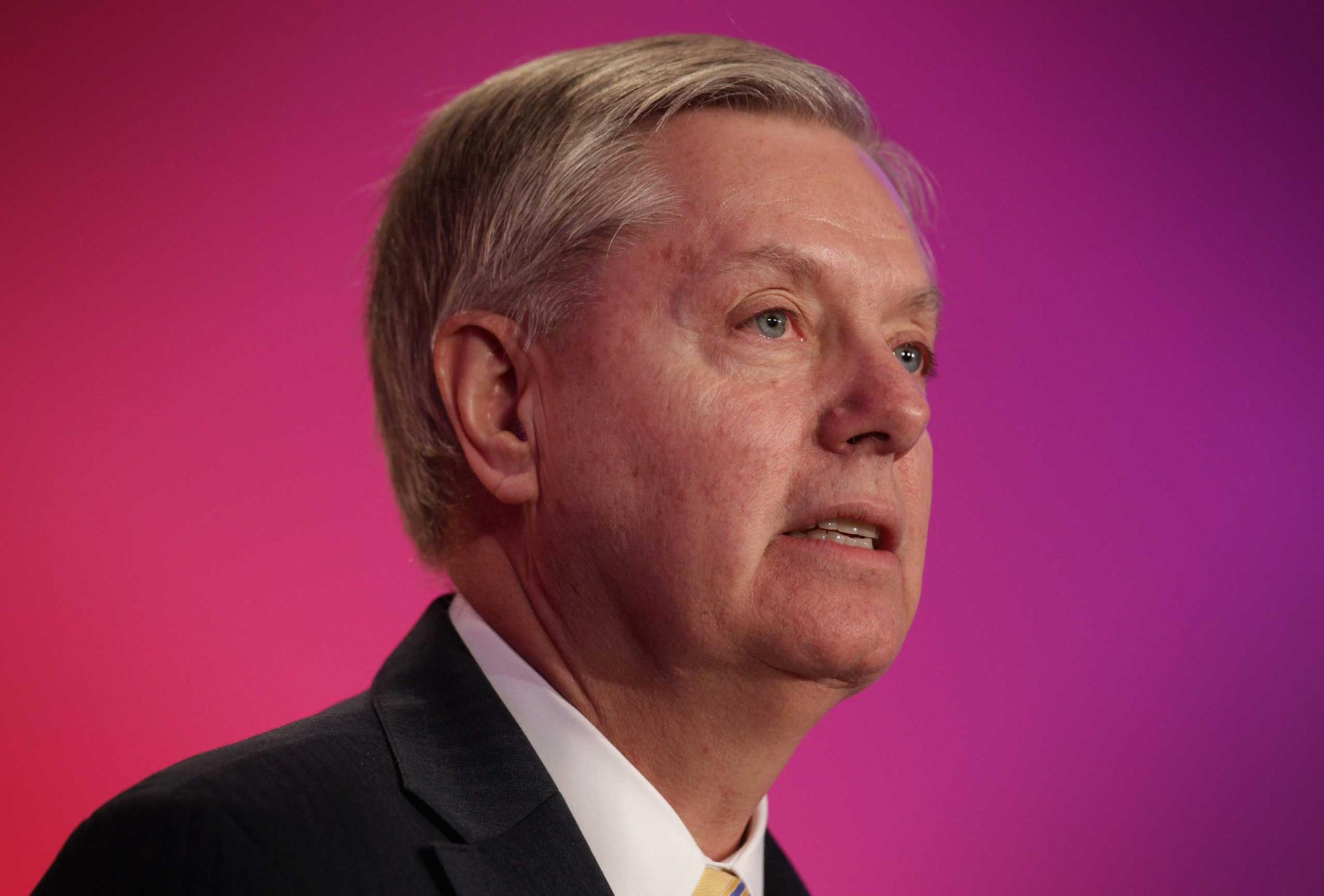
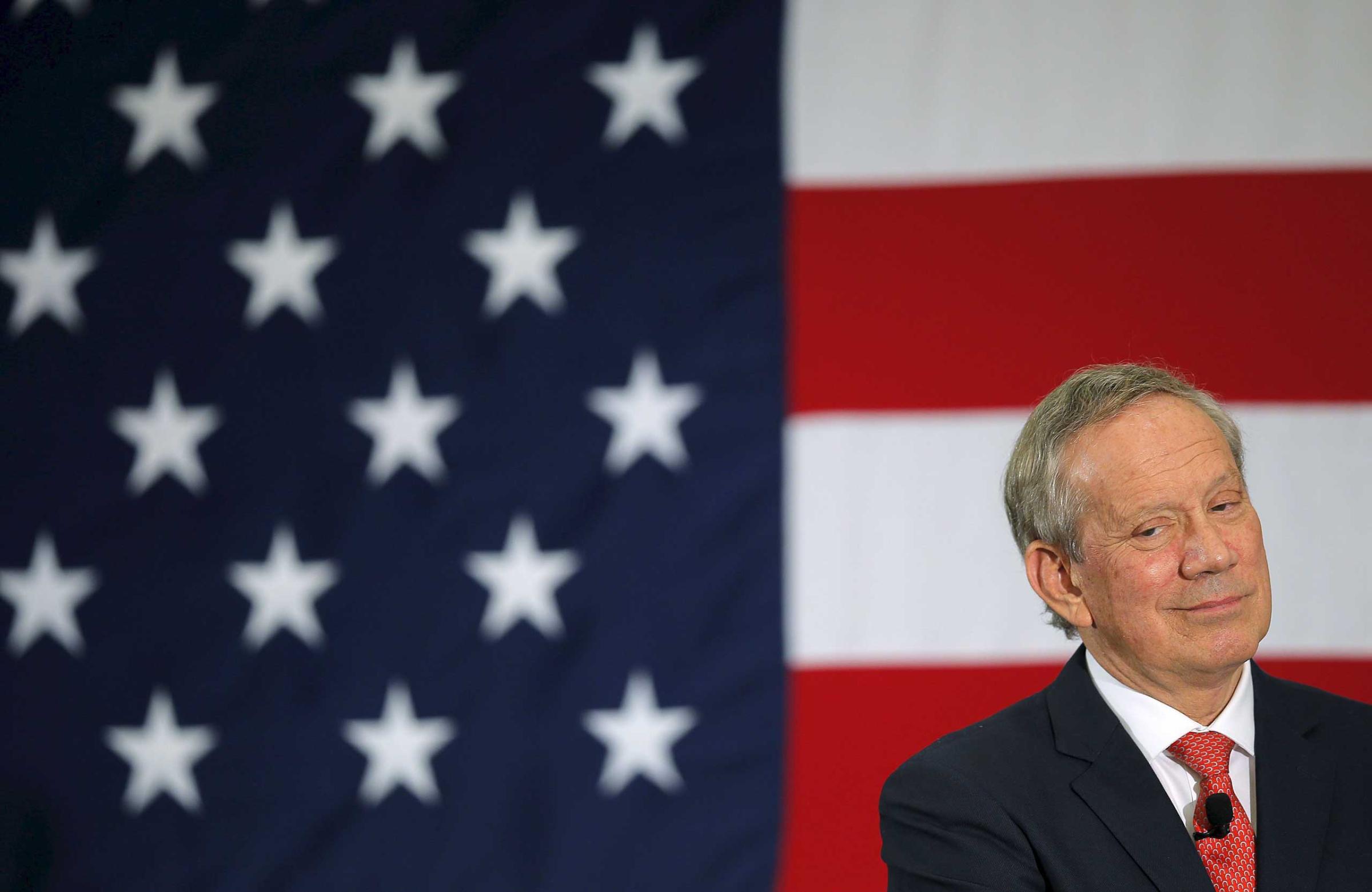
What’s been the challenge in Iowa so far?
The biggest single challenge has been money. The fundraising has been the biggest single operational challenge. The concentration of wealth and power in our country is also reflected in the concentration of wealth and power in our party. There’s never been a more effective fundraising couple produced in the United States of America than President and Secretary Clinton and the old relationships that they have that have permeated every organization and every part of the Democratic Party. So that’s been the biggest single challenge. And the rules are never really written in a way to help challengers. But certainly to run in the first year where the Democratic candidates—
But Bernie Sanders was able to do that?
Yeah, he sure was. I don’t take anything away from him by being the socialist challenger to the Democratic Party. It really screamed not establishment in ways I couldn’t. I’m a lifelong Democrat. I’m proud of it. But I could not out-anti-establishment the first socialist to join the Democratic Party to run for president. That’s pretty anti-establishment.
Do you see a bit of Jeb Bush in yourself in that regard? You’re talking about policy but can’t catch the populist wave?
Oh God, please don’t compare me to Jeb Bush. I don’t see anything of Jeb Bush in that regard. No, please.
The policy wonk who can’t quite get voters to pay attention to the policy?
So far in the process the ability to govern has been undervalued in terms of national coverage. We’ll see what the voters think. Iowa always has a way of reshuffling the deck and the people of Iowa have the skill for sorting through the noise and lifting up a new leader.
And if they don’t? Do you have to think about cutting your losses?
Well sure, you’ve got to get some votes and that’s what we intend to do in Iowa. So I’ve been spending a lot of time in Iowa and we’re competing hard there, and so we’re counting on the people of Iowa to shift the dynamic of this race. Our party has always been the party that puts forward the new leadership for our country in these times. That’s what we did with Barack Obama eight years ago, I believe that’s what the voters of Iowa are going to do this year.
And clearly yes, in a contest where the name of the game is to get more votes than the other guy, yes, when the voting starts we need to show some viability. I think we’ve already shown some credibility on the stage, and I think the last debate performance was the strongest yet. I think each one I’ve gotten stronger. It’s hard to win the debate when the rules are as manipulated as they are and you get a fraction of the time of the other two. But a couple of them, even some of your colleagues, have said that we won. But we have to win votes, so yes, we need to beat expectations in Iowa and roll from there. Usually there are two tickets out of Iowa and one of them goes to the candidate who beats expectations, and if we beat expectations somebody else would be underperforming.
More Must-Reads from TIME
- Donald Trump Is TIME's 2024 Person of the Year
- Why We Chose Trump as Person of the Year
- Is Intermittent Fasting Good or Bad for You?
- The 100 Must-Read Books of 2024
- The 20 Best Christmas TV Episodes
- Column: If Optimism Feels Ridiculous Now, Try Hope
- The Future of Climate Action Is Trade Policy
- Merle Bombardieri Is Helping People Make the Baby Decision
Contact us at letters@time.com